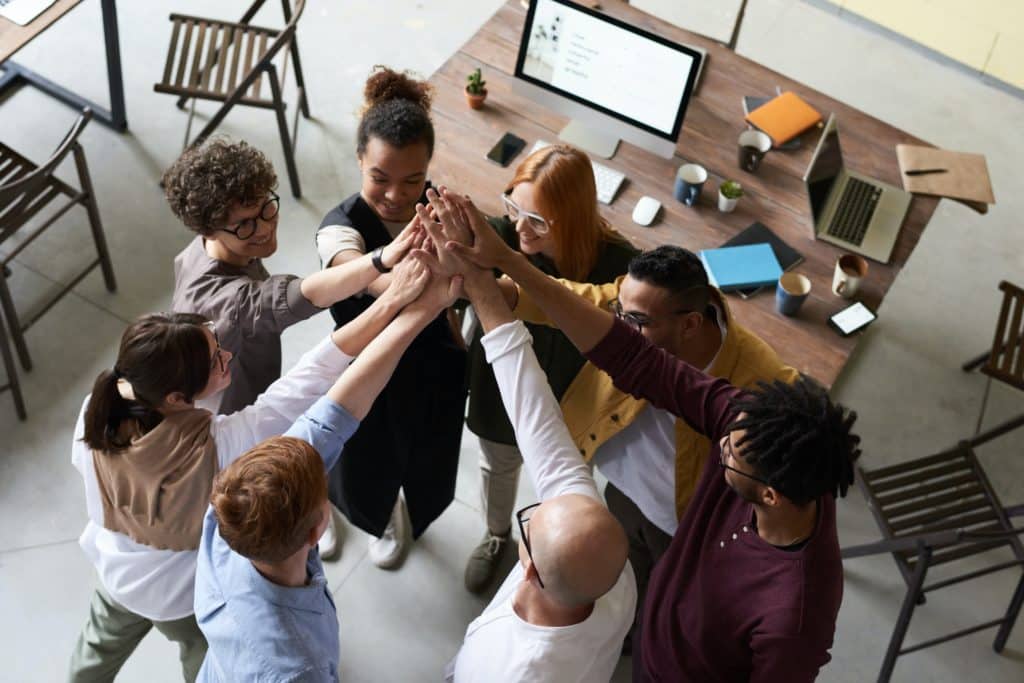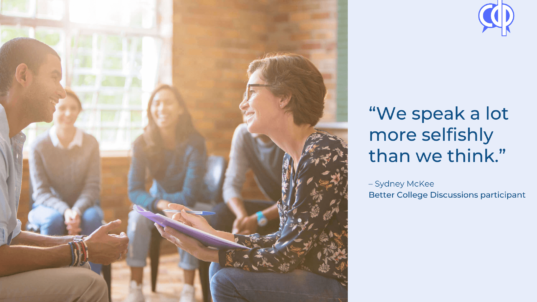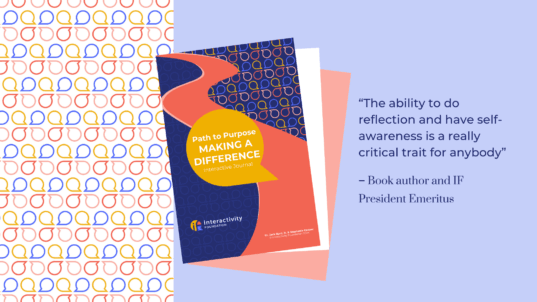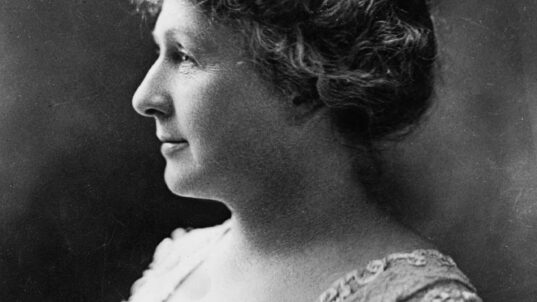
Photo by fauxels from Pexels
On the first day of class Professor Alan Nelson was going over the syllabus. “One of the unique things about this class is the discussion groups you will be in throughout the semester. I’ve carefully placed you in groups and you’ll be working together throughout the semester. I’m going to make a prediction that I suspect none of you will believe. Here it is: Your discussion group will become your best friends for the rest of college. In fact, many of you will remain close throughout your careers. I base this prediction on what I’ve seen in over 50 years of teaching.”
The class that Nelson was teaching was a sophomore class and the first class in the major. The discussion groups sat together in class. They participated in frequent discussions. They also had out-of-class activities to do together.
Nelson’s major was one of the toughest in the university but also had one of the highest retention and graduation rates. Nelson attributed this success in large part to the bonding that occurred in the discussion groups. The groups worked together in other classes. When one of them was struggling, the others were there as support. They simply would not let a teammate fail.
Once the class was over, Nelson could often see the groups studying together. They would hang out with each other. They were in constant contact with each other. They went on spring breaks together. Graduations were very poignant when they realized that they would be going their separate ways.
Nelson especially enjoyed getting photos of the groups together at bowl games, weddings, or group vacations. There were often difficult times when one of the group members faced a health crisis, a job setback, divorce, etc. But again, they were there for each other.
At the end of his career, Nelson was asked what the secret was to putting the groups together. “There was so secret actually, I just put together groups that were a diverse mix. I created the structure where they needed to collaborate to do well. The in-class discussions were central to the collaboration. As their first semester unfolded, they began to believe my prediction. Bonds were established and the groups remained together.”
What Nelson discovered is his class could have an immense impact on higher education. Students need support groups to do well. But support groups don’t just happen. They need to be nurtured. Bonds are created from prolonged shared experiences. Academic policies need to be revised to encourage collaborative work. They also need a professor or mentor who helps create the collaborative environment early in their college career.
You can find some ideas for creating a diverse mix of student discussion groups in the Interactivity Foundation’s Guidebook for Student-Centered Classroom Discussions or in the Foundation’s Guidebook for Student-Facilitated Discussions in Online Courses.
* * *
“Nothing is more exciting and bonding in relationships than creating together.” – Stephen Covey, educator, author, businessman, and motivational speaker
This post is part of our “Think About” education series. These posts are based on composites of real-world experiences, with some details changed for the sake of anonymity. New posts appear on Wednesdays.



